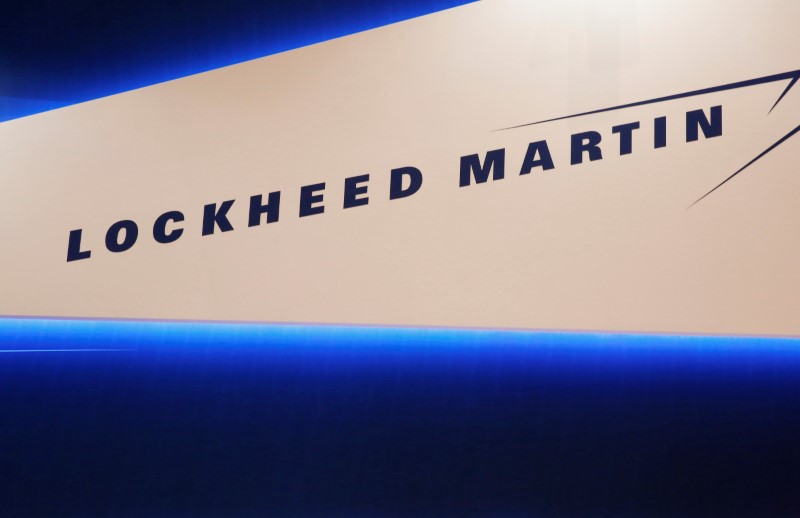Paul Tudor Jones sees potential market rally after late October
Investing.com -- Shares of Lockheed Martin (NYSE:LMT) climbed 2.25% as the market anticipates a major announcement from the White House regarding the next-generation fighter jet contract. Investors appear optimistic as Lockheed Martin Corp. and Boeing Co (NYSE:BA). await the decision on who will secure the contract to build the advanced combat aircraft. According to a report from Bloomberg News, the winner will revealed on Friday.
The rise in Lockheed Martin’s stock reflects investor confidence ahead of the announcement, which will be made nearly two years after the Air Force issued a formal request for proposals for the full-scale development phase of the Next (LON:NXT) Generation Air Dominance (NGAD) manned fighter. The program, which is classified and intended to fly alongside drones being developed separately, could see as much as $16 billion in research and development spending through 2028 based on the fiscal 2025 budget figures.
The upcoming decision carries significant weight for both Lockheed Martin and Boeing, with the latter looking to recover from past setbacks, including losing the F-35 fighter program to Lockheed Martin in 2001 and facing criticism for delays and inconsistencies with the KC-46 refueling tanker. For Lockheed Martin, securing the NGAD contract would reinforce its position as a leading defense contractor and could potentially offset critiques from figures like Elon Musk, who has questioned the reliance on traditional warplanes in light of drone advancements.
The new fighter jet is expected to replace the F-22 Raptor and enter service in the 2030s, provided the project adheres to its timeline. The F-22, known for its stealth capabilities and supersonic cruise speed, was developed before the military’s heavy investment in drone technology, which the NGAD program aims to incorporate.
Investors and industry experts will be closely watching the announcement from President Donald Trump and Defense Secretary Pete Hegseth, as the chosen contractor will likely experience a substantial impact on their business and stock performance. The anticipation surrounding this decision reflects the importance of military contracts in the aerospace sector and the evolving nature of aerial combat technology.
This article was generated with the support of AI and reviewed by an editor. For more information see our T&C.
